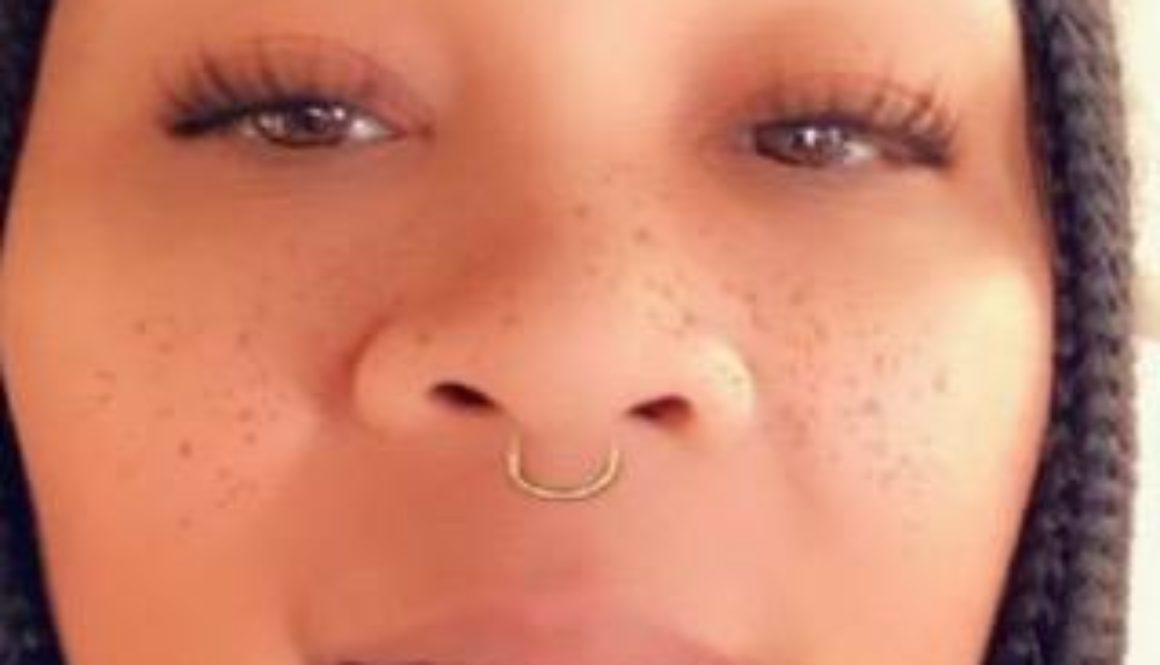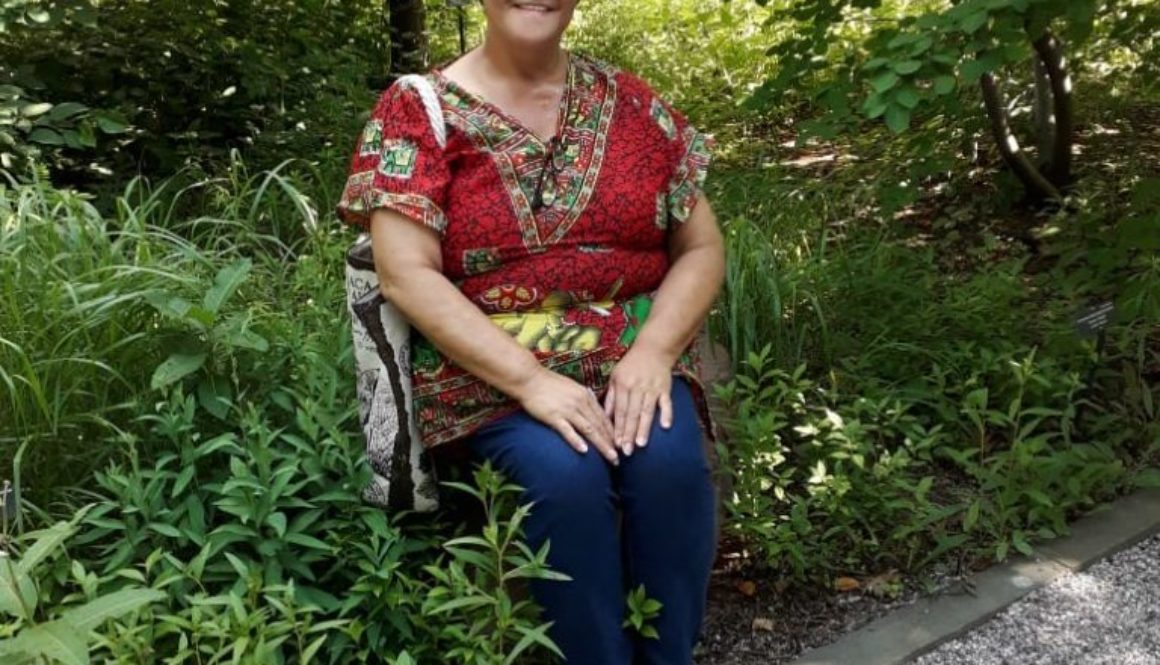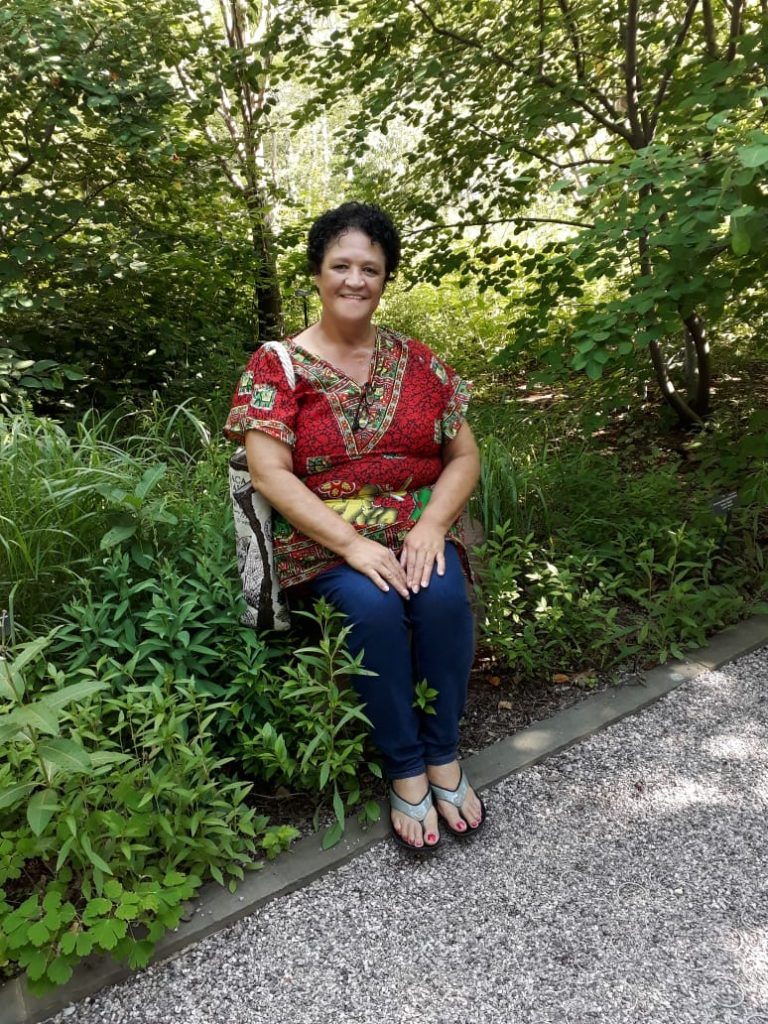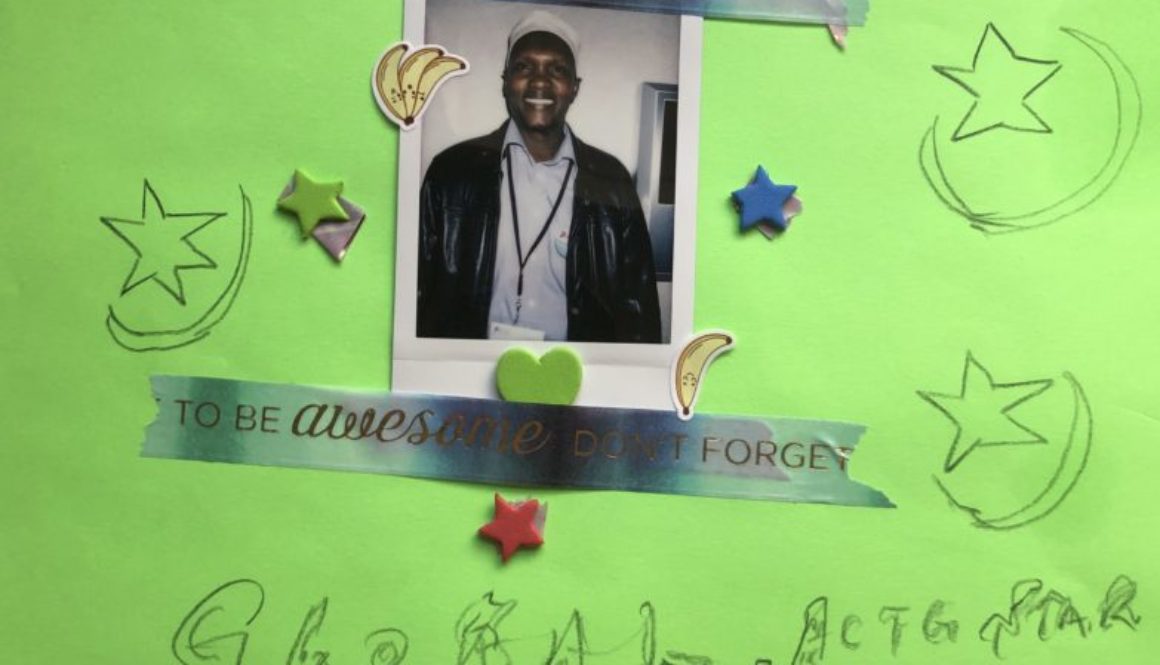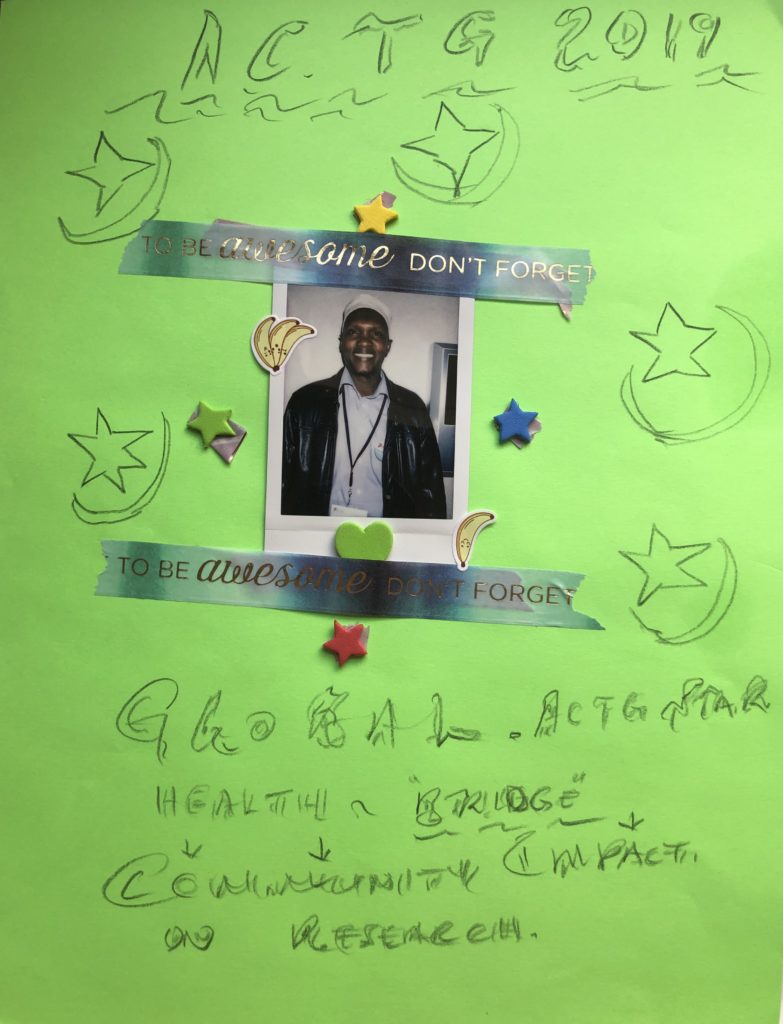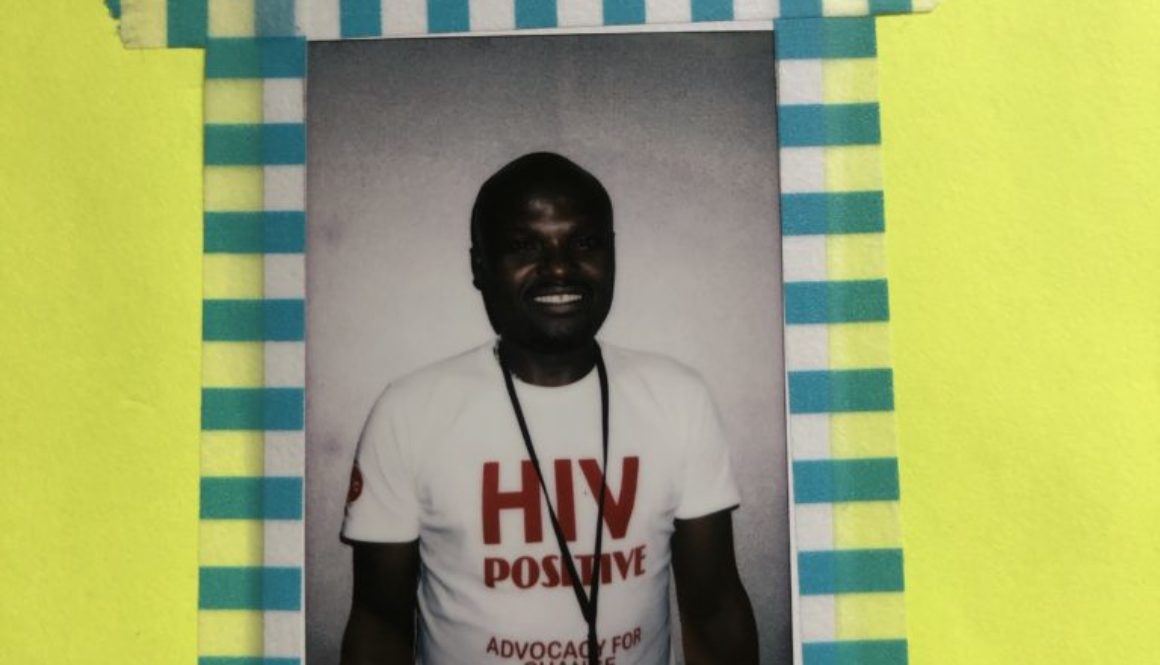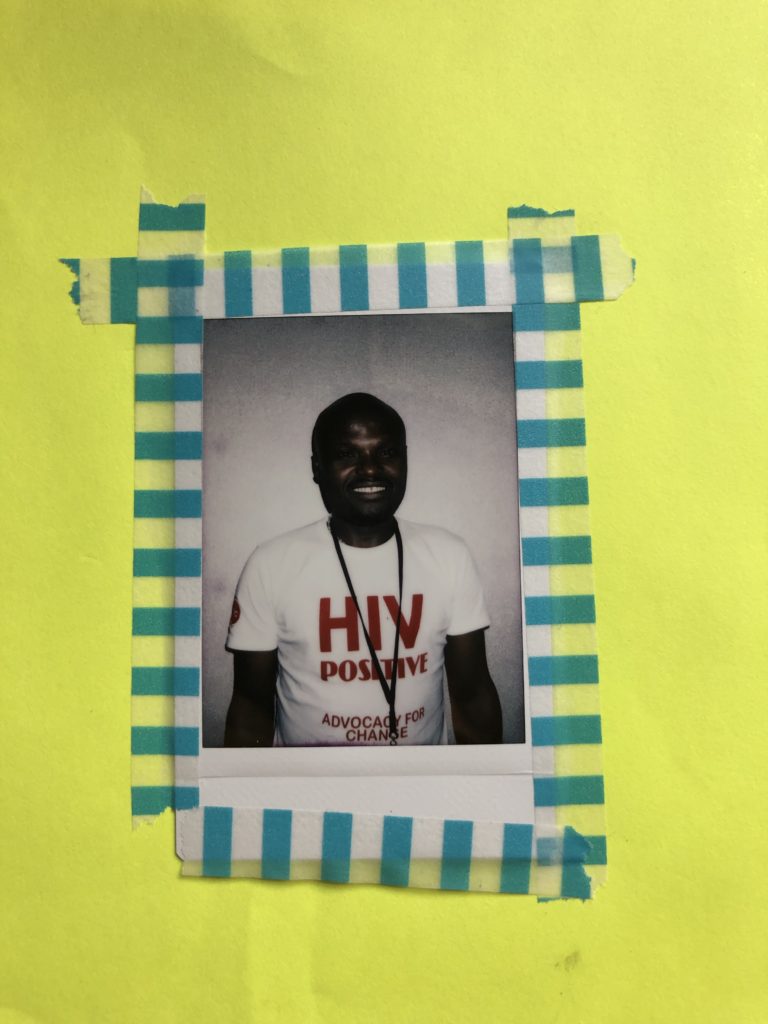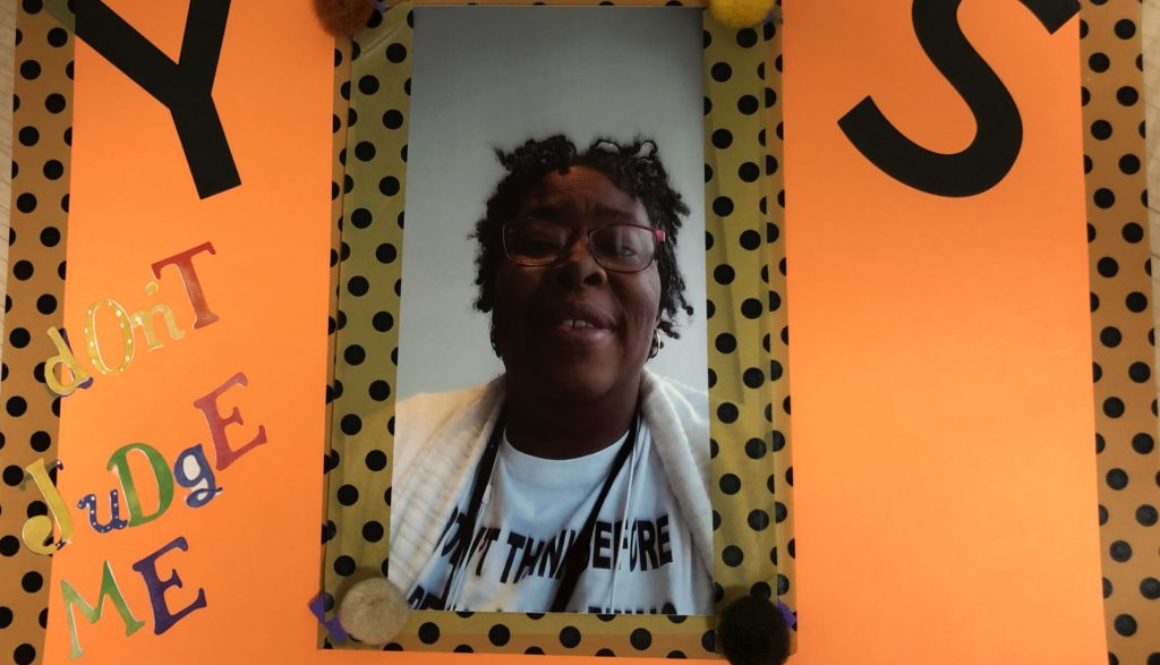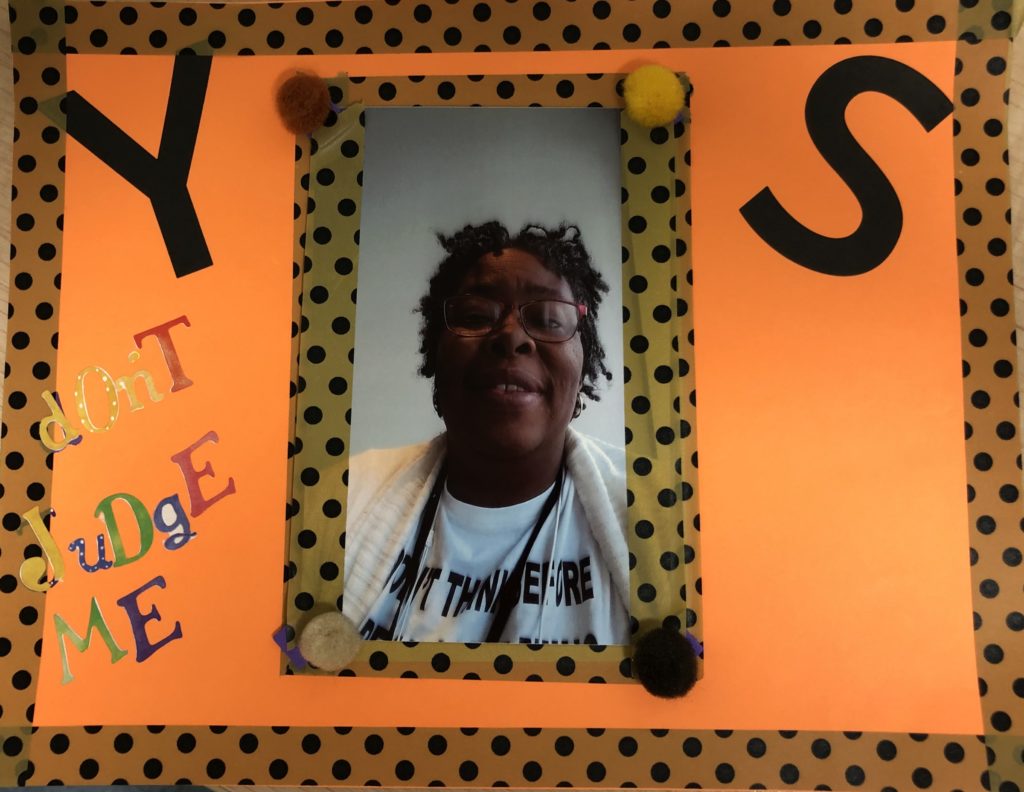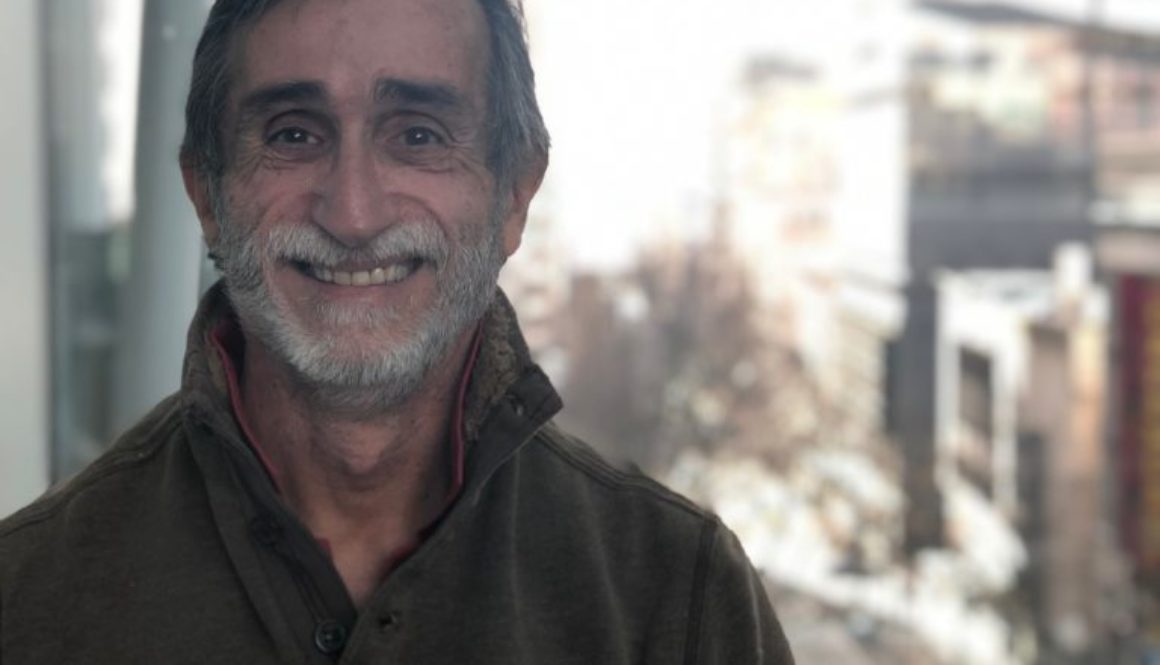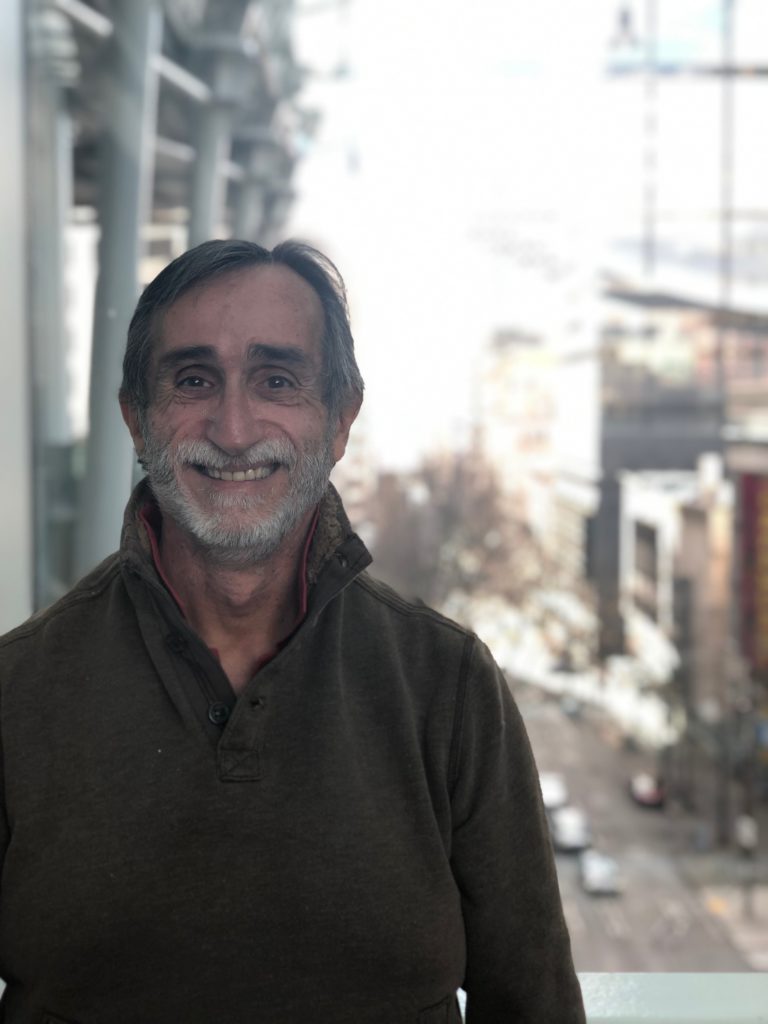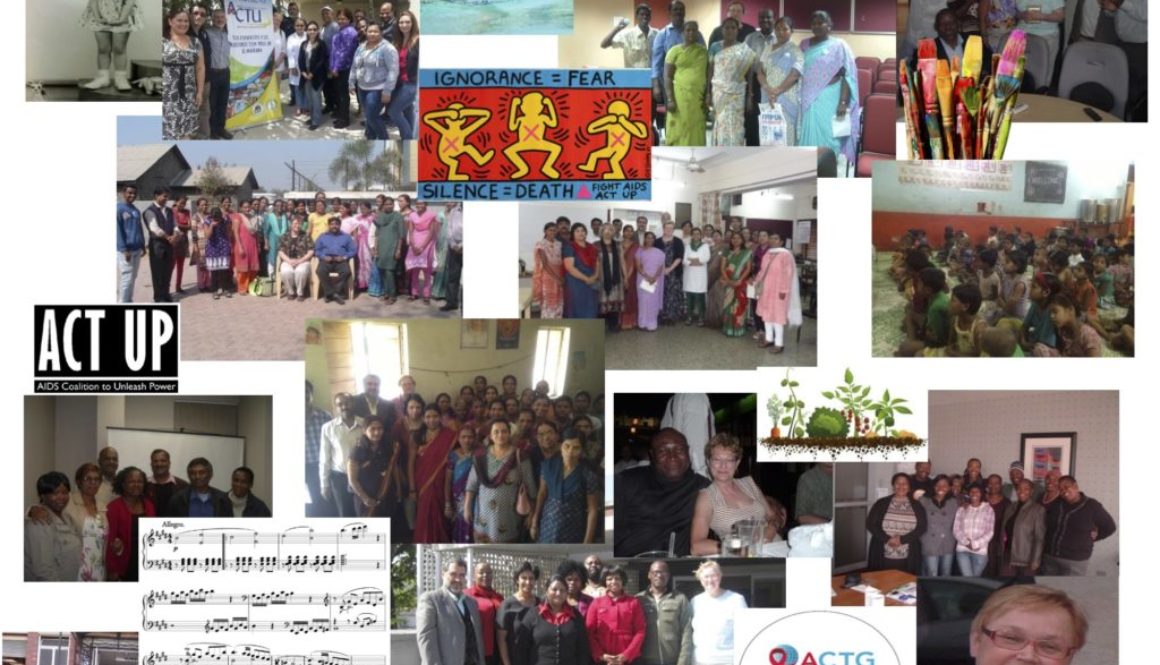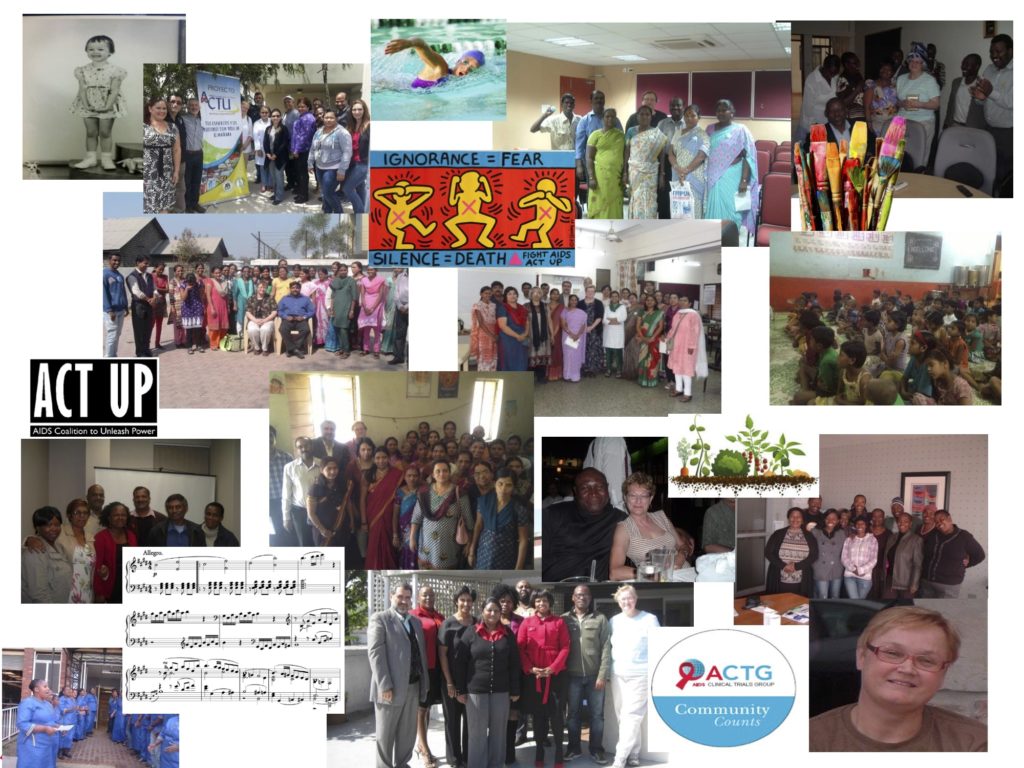Danielle Campbell
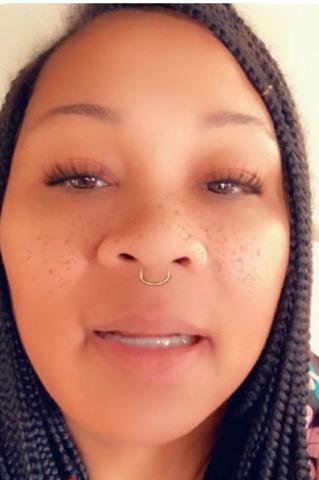
What is your name and where are you from?
Danielle Campbell, Los Angeles, USA
When did you join the ACTG?
March 2013
Why did you get involved with the ACTG, and what are some of the things you’ve done as a member?
The extent of my activism before the ACTG was really around racial and gender equity through a public health lens. I got involved with HIV testing, which hit all of my passions—working with the medically and socially disenfranchised, working with folks who were completely underserved, working with folks who were living with or at high risk for HIV. I’ve always had a penchant for hard science. I learned that at the core of public health is something called social justice, and so that shifted my mindset a bit. You know how scientists can think about everything so technically? Everything is very analytical, it’s either is or it isn’t. And so, to come from that hardcore theoretical framework into something like public health was really a paradigm shift. Then coming into the ACTG, I was the lone woman at our site. The only woman of color at the CAB. You all welcomed me into the fold, and so it really went from just being at
the table as a CAB member. Then, when I heard about the CSS I was like, oh my Gosh, this is it. Really being at the forefront of the science is what I think my sweet spot is. There’s just something about it I love. It just gets me going.
Describe your community.
My community is all people living with or affected by HIV and other sexual health injustices around the globe.
What are the most important treatment issues to your community?
I want to change the way this conversation unfolds for the most marginalized and vulnerable of folks.
How do you want your work in the ACTG to be remembered?
I’m proud of every last thing I’ve had the opportunity to do. Whether it’s attending a meeting, facilitating a discussion, presenting on a panel, or at a workshop. I want to be remembered as an advocate who dared to fight for women and our rights to have access to and benefit from the work of ACTG and research networks beyond.
What are your future hopes for the ACTG and HIV research?
Intergenerational conversation is one of the things I don’t see happening. I think more “seasoned” generations of activists may be afraid we aren’t going to do it right, or that we don’t know enough to affect change. It took some of us to really come out and say, “We don’t want to erase you, and in fact we want to work with you; for you to teach us the hard lessons learned and support us as we fight to take us to the end! We want to understand and co-advocate with you.” It’s a point of contention for me because I’m a person of color, I’m a lot younger than they are, they have a completely different spin on how to do this advocacy work. They’ve watched generations of people die, whereas I have not. It is my hope that we all come together across race, age, gender, geography, and lived experience to address the root causes of HIV and let those factors lead our work.
